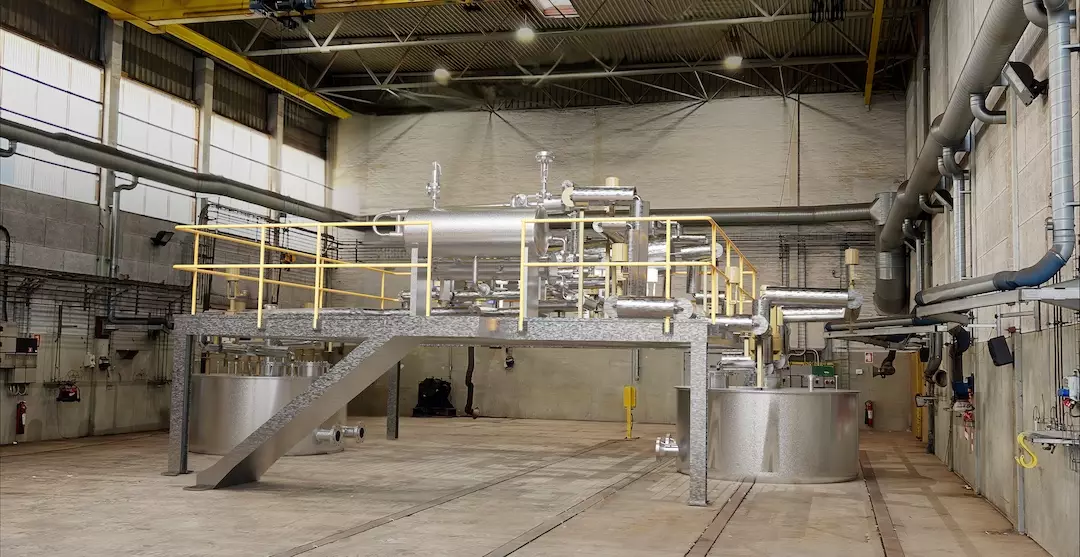In the quest for sustainable energy solutions, industries are reassessing their reliance on traditional energy storage systems. Lithium batteries, celebrated for their efficiency in consumer electronics and electric vehicles, are increasingly deemed inadequate for large-scale industrial applications. This shift raises the question: could thermal batteries be the answer to meet the energy needs of modern industries?
Lithium batteries, while revolutionary, face numerous challenges that limit their utility in industrial contexts. One of the primary concerns is their escalating cost. As supply chain constraints and environmental regulations around lithium extraction tighten, the prices of these batteries continue to rise. Moreover, lithium batteries require considerable space, posing logistical issues for industries that operate under space constraints. Often, the energy capacity provided by lithium batteries is disproportionate to the actual energy needs of operations, making them a less viable option for many industrial applications.
Against this backdrop, thermal batteries present a compelling alternative. Unlike their lithium counterparts, these systems store energy in the form of heat and boast several advantages that cater specifically to industrial demands. They are not only more cost-effective to install but also offer the ability to store energy for extended periods. This characteristic allows industries to harness renewable energy sources when they are abundant and subsequently release it when demand spikes.
Denmark’s Hyme Energy exemplifies innovation in this sector, leveraging molten salt technology to create efficient thermal batteries. Their recent partnership with Arla, a major player in the dairy industry, signifies a growing interest in this technology. By developing a large-scale thermal storage system capable of holding 200 MWh, Hyme aims to provide a sustainable solution for Arla’s milk powder facility in Holstebro. The ultimate goal is to completely eliminate fossil fuel energy from the production process, thereby aligning with broader climate targets.
Hyme Energy’s approach involves converting electricity from renewable sources into heat, which is then retained in molten salt tanks heated to over 500°C. This method not only reduces reliance on fossil fuels but also mitigates carbon emissions, reflecting a growing commitment towards zero-emission production processes. The partnership with Arla showcases how thermal batteries can integrate effectively into energy-intensive processes that require substantial steam output—a common necessity in the food and beverage industries.
The versatility of thermal batteries extends beyond dairy production. As industries seek to diversify their energy sources amid rising global energy demands, the potential for thermal batteries to support diverse applications in chemical manufacturing, metals production, and food processing becomes increasingly apparent. The adaptability of this technology presents a significant advantage, enabling various sectors to tailor solutions that suit their specific energy requirements.
Nevertheless, the question remains: how quickly can thermal battery technology be scaled across Europe to meet the urgent demands of industry? Hyme’s CEO, Ask Emil Løvschall-Jensen, expresses optimism that scaling will not face major constraints. The collaborative approach of working with established suppliers and engineering, procurement, and construction (EPC) partners is crucial. By avoiding vertical integration and instead leveraging existing expertise, Hyme is well-positioned to expedite deployment.
Funding also plays a critical role in this endeavor. While traditional industries find it easier to attract venture capital, the tide is slowly changing. In 2023 alone, thermal battery startups collectively secured over $170 million in funding, indicating a blossoming interest in this innovative sector. As more investors recognize the long-term potential of thermal energy storage, market dynamics may shift, facilitating the growth of companies like Hyme.
The competition within the thermal energy storage landscape is burgeoning, with startups like Electrified Thermal Solutions and MGA Thermal pushing the boundaries of what is possible. Their unique technologies—whether using graphite blocks or compact thermal storage solutions—underscore an industry willing to explore a variety of approaches to tackle energy storage challenges.
As industries navigate this new terrain, it is clear that thermal batteries represent a promising course toward sustainable energy practices. Whether through partnerships, innovative funding strategies, or technological advancements, the potential for thermal batteries to transform industrial energy consumption is gradually being realized, paving the way for a greener future.

